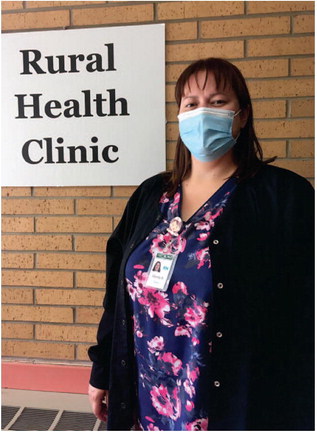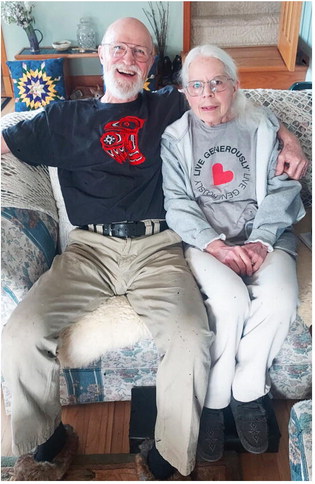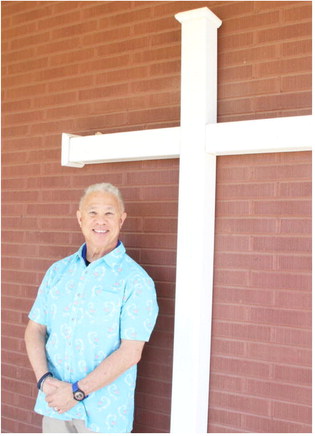RMC Creates Temporary Respiratory Illness Clinic


For the safety of patients and staff, Roosevelt Medical Center has created a temporary respiratory clinic area focused on treating patients with respiratory illnesses including potential coronavirus patients.
As the flu season approaches, the temporary clinic will handle all cold, influenza and related respiratory cases to limit exposure and separate patients visiting for non-respiratory related routine care. This means non-respiratory patients will be seen in the downstairs clinic like usual. All patients with respiratory symptoms will be seen upstairs in the respiratory clinic. Separate entrances have been designated.
To ensure every patient is routed to the proper care location, all patients are still asked to call and make an appointment. No walk-in patients will be seen. However, anyone having a medical emergency should immediately come to the emergency room.
Patients will be asked a series of questions when making their appointment to determine where they will be seen. If a patient develops COVID-like symptoms between the time of their call to schedule an appointment and the time of their appointment, they may be seen in the respiratory clinic for their routine visit. Respiratory clinic appointments will be scheduled in the afternoons and patients will be seen by the provider who is working that day. Patients will not be able to specify which provider they want to be seen by.
“By designating a certain area of our facility for those with respiratory symptoms that could be related to COVID-19, we’re better able to protect everyone in our facility. It also allows us to continue supporting patients with health issues unrelated to the pandemic and provide excellent care to everyone we serve,” said Mandy Byrd, clinic coordinator.
To protect patients and staff, everyone entering RMC will go through a safety screening that includes a series of questions and a temperature check. “We want patients to know there are no right or wrong answers when responding to these questions. They determine where the patient will be seen, not if the patient will be seen and that is an important distinction. We don’t want patients to answer questions a certain way because they are afraid they may not be seen based on their responses. That is absolutely not the case,” Byrd stated.
Both respiratory and non-respiratory patients will not be allowed to bring anyone with them to their appointment. The only exceptions will be for minor patients who will be allowed to be accompanied by one parent. Patients who need special assistance will be allowed to have one care giver accompany them but must note this when making an appointment.
Virtual appointments are available and encouraged for patients with non-emergent health issues. Recently, RMC has expanded its virtual health platform and patients can meet with their provider for a number of visits.
“There are many viruses which share similar symptoms and have no antibiotic cure. It’s important for people to be mindful that the best choice for those experiencing mild symptoms of the flu, cold or other illnesses should stay home and rest,” Byrd said.
The main symptoms of COVID-19 include fever, cough or difficulty breathing but can also include a loss of smell or taste as well as nausea, vomiting and diarrhea.
For more information, contact 787-6400.


